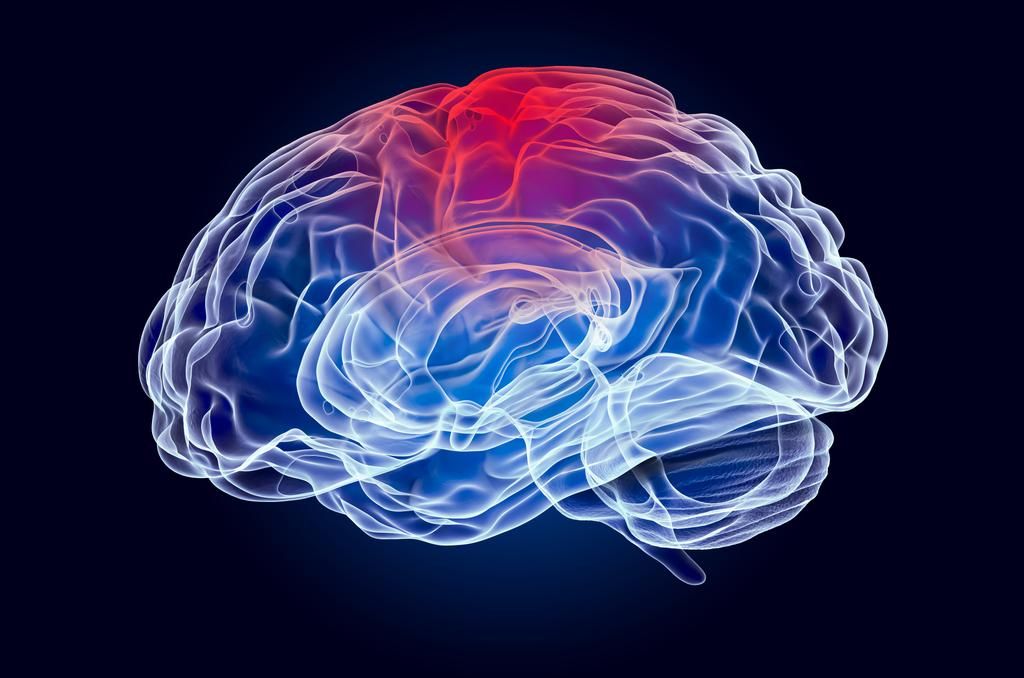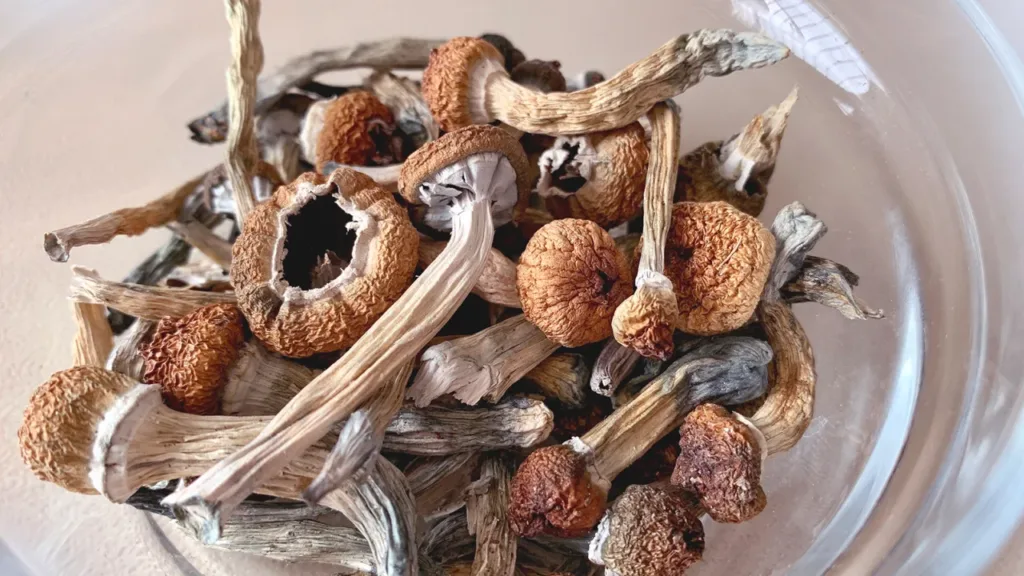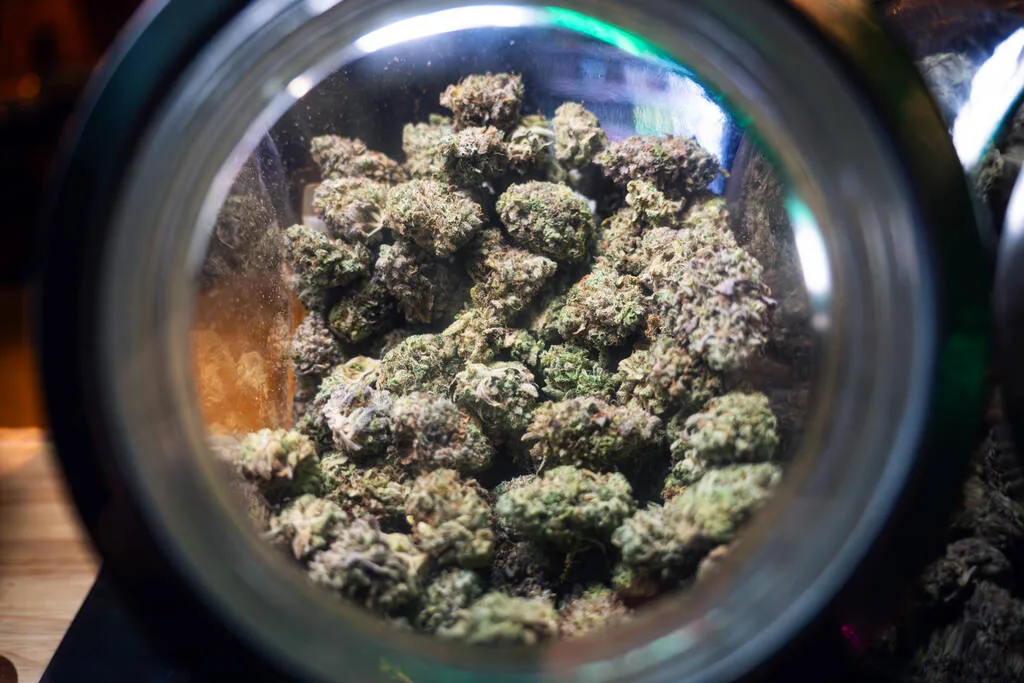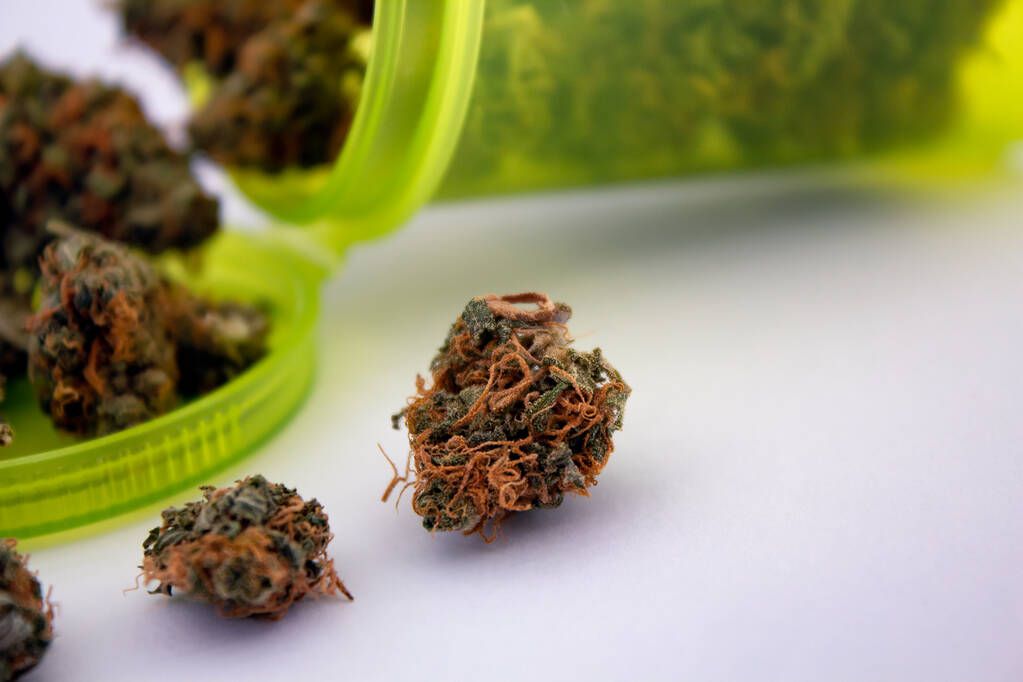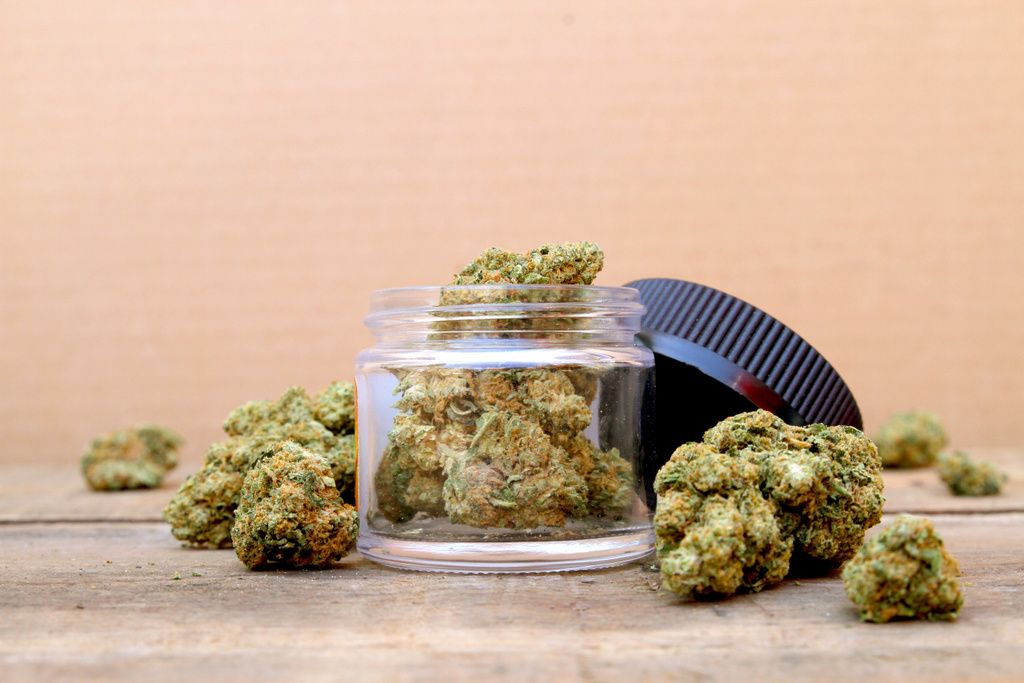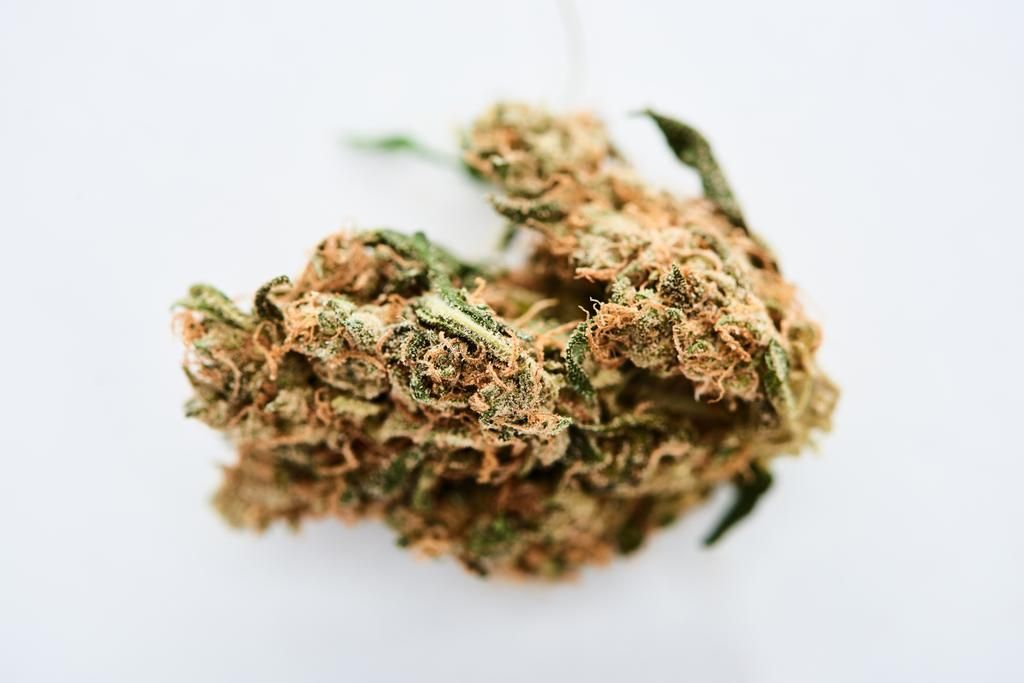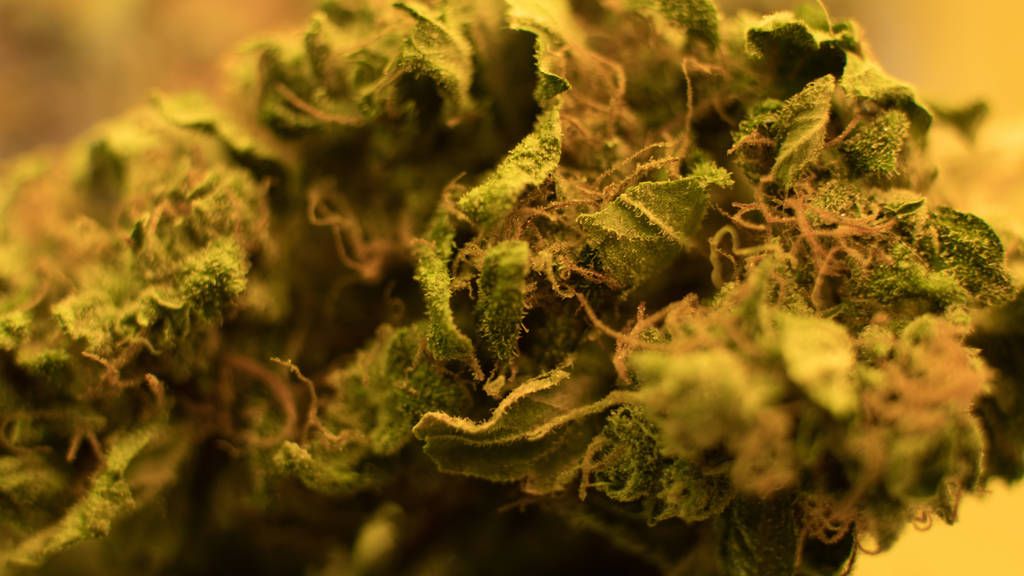Congressmember Nancy Mace, a Republican from South Carolina, says there’s enough votes in the House of Representatives to pass a federal marijuana banking act, saying that if Republicans want to keep the House they’ll pass it before the election.
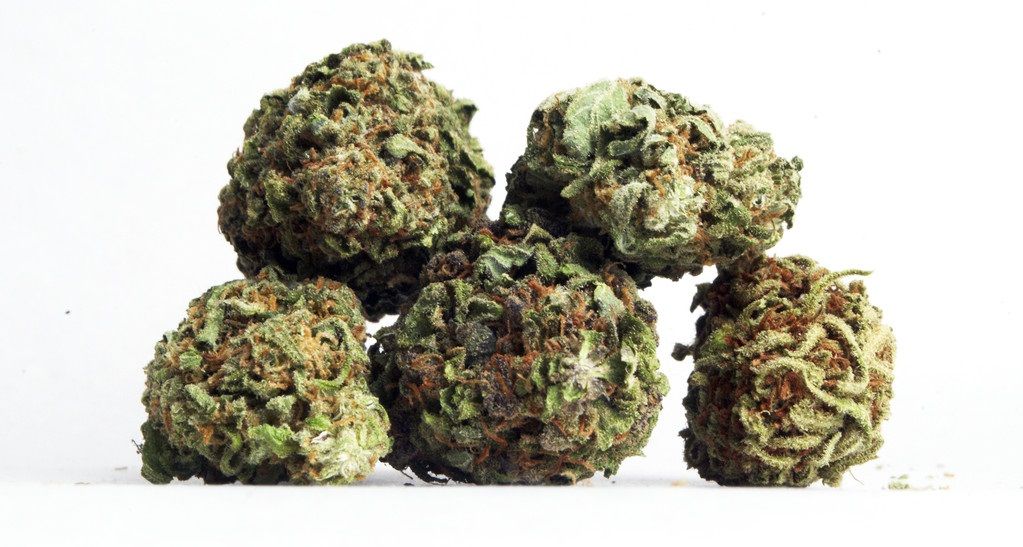 The SAFE Banking Act would allow banks and other financial institutions to provide banking services to state-legal marijuana businesses. In the House, the measure has 112 sponsors, more than any other marijuana-related bill in US Congress. In the Senate, the updated SAFER Banking Act has 36 sponsors, and it was was passed through the Committee on Banking, Housing and Urban Affairs with bipartisan support in September. Last month Senate Majority Leader Chuck Schumer said it’s a key priority of the Senate to pass the SAFER Banking Act this year.
The SAFE Banking Act would allow banks and other financial institutions to provide banking services to state-legal marijuana businesses. In the House, the measure has 112 sponsors, more than any other marijuana-related bill in US Congress. In the Senate, the updated SAFER Banking Act has 36 sponsors, and it was was passed through the Committee on Banking, Housing and Urban Affairs with bipartisan support in September. Last month Senate Majority Leader Chuck Schumer said it’s a key priority of the Senate to pass the SAFER Banking Act this year.
Yesterday, in an interview on The Dales Report’s Trade To Black podcast, Rep. Mace said “I support SAFE 100 percent, [and] I would love to see [Schumer] move it forward.”
Continue reading

